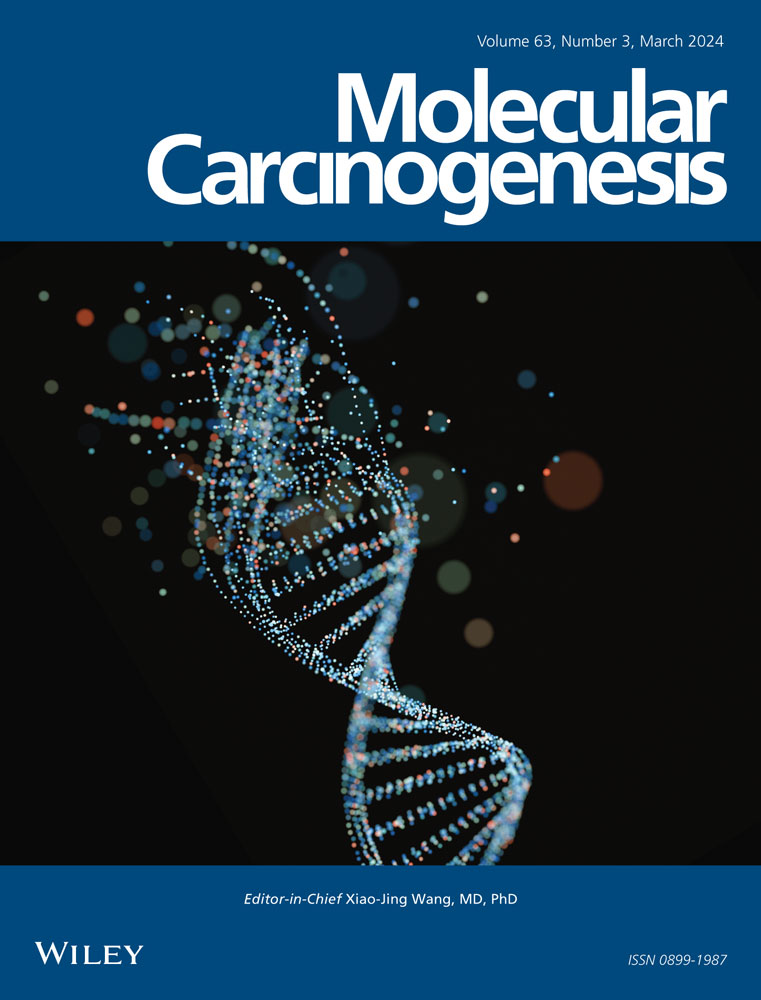Identification of ATAD3A as a key regulator in non-small cell lung cancer by promoting STAT3-induced cell proliferation and tumor angiogenesis
Li Yang will handle correspondence at all refereeing, publication, and postpublication stages.
Abstract
Malignant proliferation and abundant angiogenesis are major causes of lung adenocarcinoma (LUAD) with high morbidity and mortality. Therefore, the exploration of the key regulatory mechanisms of malignant proliferation and angiogenesis in LUAD provides an opportunity for the development of targeted precision therapy. In this study, we found that the high expression of ATPase family AAA domain-containing protein 3A (ATAD3A) in LUAD was positively associated with the poor survival of patients, while its high expression was positively associated with the angiogenesis of LUAD. Further knockdown of ATAD3A in LUAD significantly inhibited cell proliferation and suppressed expression of vascular endothelial growth factor A, FGF-2, ANG-1, and TGF-β. The opposite effect was observed with ATAD3A overexpression. Furthermore, ATAD3A knockdown significantly inhibited tumor growth and angiogenesis in an in vivo subcutaneous xenograft tumor model. Mechanistic studies suggest that ATAD3A may promote signal transducer and activator of transcription 3 activation, a key signal regulating lung cancer cell proliferation and transcriptional secretion of proangiogenic factors. Therefore, targeted inhibition of ATAD3A may be an effective strategy for LUAD therapy, and ATAD3A may be a potential biomarker for predicting malignant progression.
CONFLICT OF INTEREST STATEMENT
The authors declare no conflict of interest.
Open Research
DATA AVAILABILITY STATEMENT
Data supporting the results presented are available from the corresponding author if requested. The original contribution of this study is included in the article. For further information, please contact the corresponding author.




